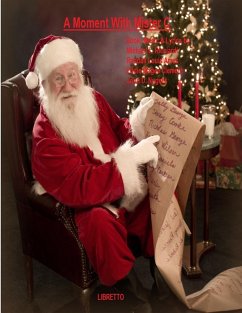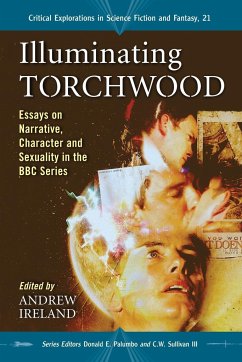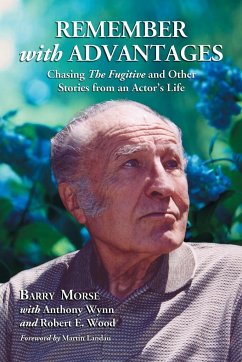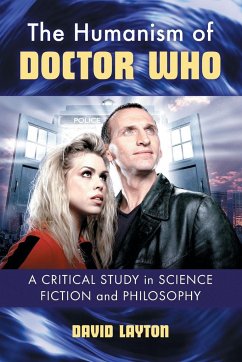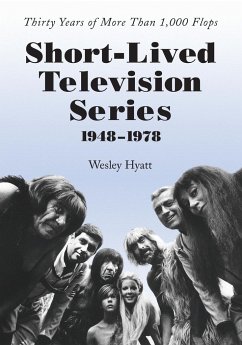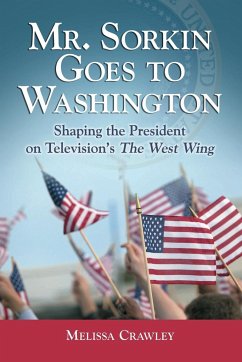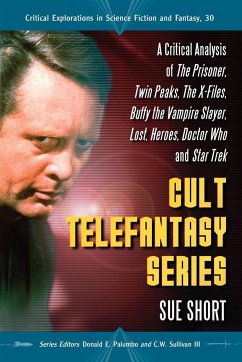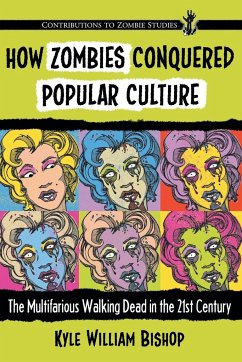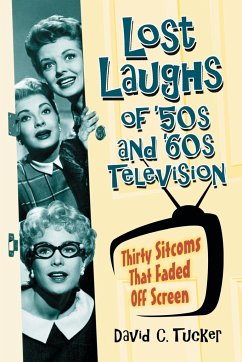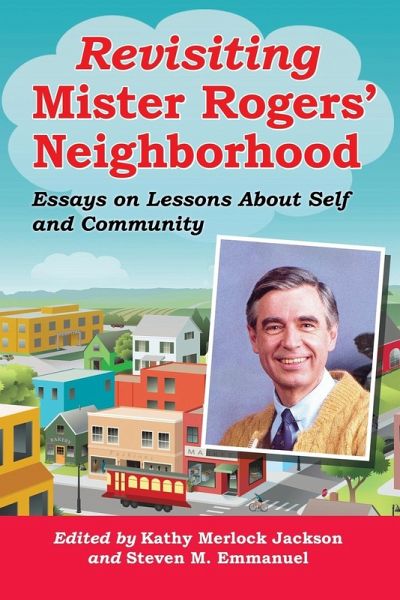
Revisiting Mister Rogers' Neighborhood
Essays on Lessons About Self and Community
Herausgeber: Jackson, Kathy Merlock; Emmanuel, Steven M.
Versandkostenfrei!
Versandfertig in 1-2 Wochen
35,99 €
inkl. MwSt.

PAYBACK Punkte
18 °P sammeln!
During its 33-season run, Mister Rogers' Neighborhood (1968-2001) left an indelible mark on millions of children and their caregivers. Perhaps no series in the history of children's television has done more to develop the identity and ethics of the child. More than a decade after Fred Rogers' death, he continues to attract an audience online. Yet despite the show's lasting impact it has been largely ignored by scholars. This collection of new essays focuses on Rogers' contributions to children's lives, to the media and to American culture at large. The contributors discuss his stance on the in...
During its 33-season run, Mister Rogers' Neighborhood (1968-2001) left an indelible mark on millions of children and their caregivers. Perhaps no series in the history of children's television has done more to develop the identity and ethics of the child. More than a decade after Fred Rogers' death, he continues to attract an audience online. Yet despite the show's lasting impact it has been largely ignored by scholars. This collection of new essays focuses on Rogers' contributions to children's lives, to the media and to American culture at large. The contributors discuss his stance on the individual and the perception of self, his ideas about meaningful participation in a community and his use of television. Clearly, Mr. Rogers' ideas still strongly resonate.





